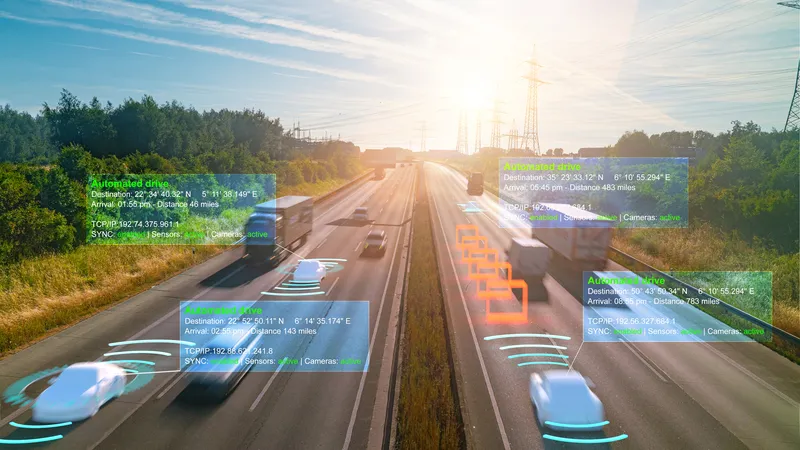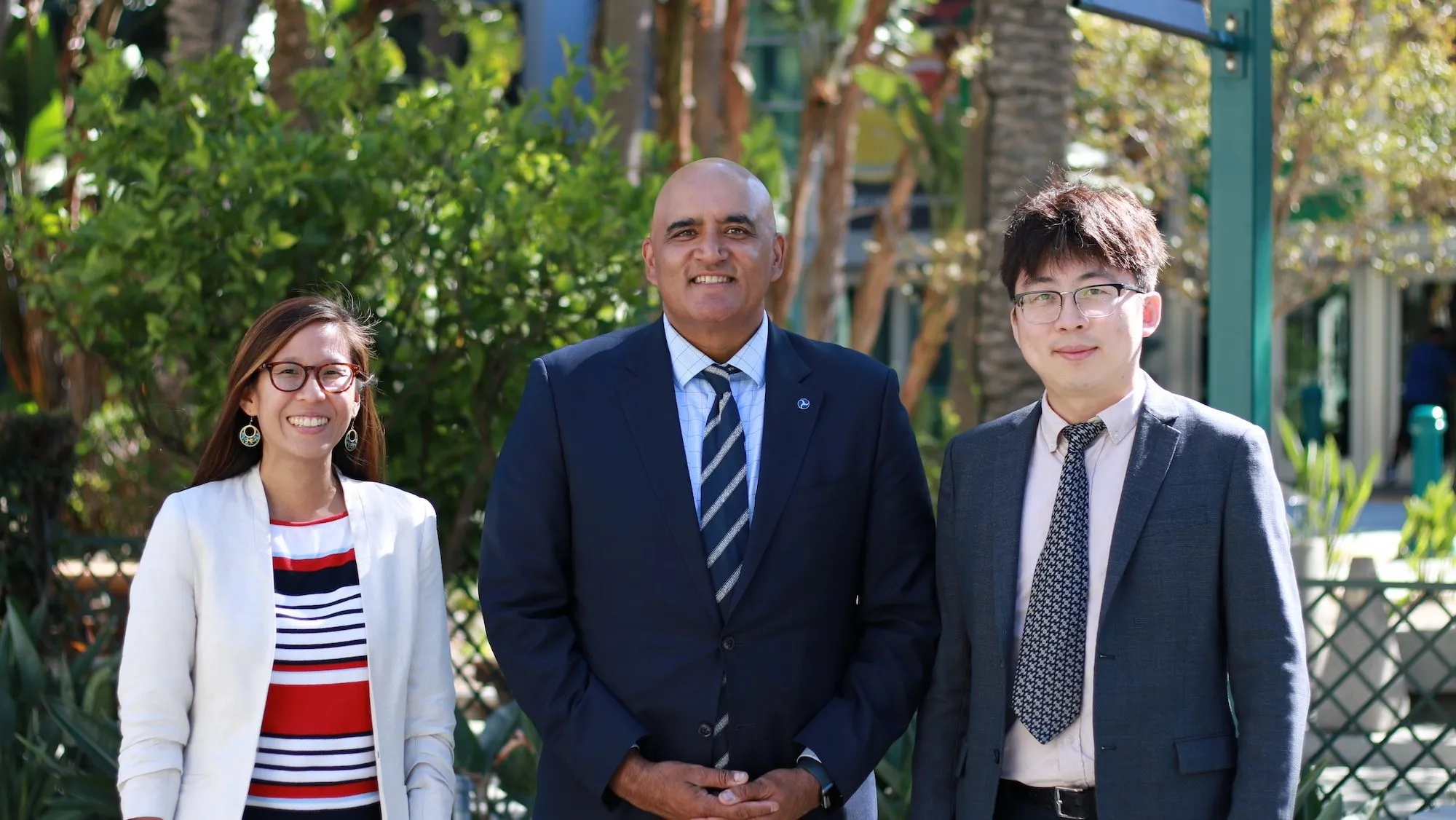
A £40 million competition has been launched to provide grants to help commercial roll-out of self-driving vehicles across the UK from 2025.
The Connected and Automated Mobility R&D competition has been launched by Zenzic, the Centre for Connected and Autonomous Vehicles (CCAV) and Innovate UK.
They say that the funds will help accelerate a new market for the technology, which could be worth £42 billion to the UK economy by 2035 and create 38,000 new skilled jobs.
It includes £1.5 million funding for feasibility studies into real-life schemes for mass transit using self-driving vehicles on guided routes, as a potential alternative to traditional bus routes or railways.
Types of self-driving vehicles that could be deployed include delivery vans, passenger buses, shuttles and pods, as well as vehicles that move people and luggage at airports and containers at shipping ports.
UK investment minister Lord Grimstone said: "Self-driving vehicles have the potential to revolutionise people’s lives, whether its by helping to better connect people who rely on public transport with jobs, local shops, and vital services, or by making it easier for those who have mobility issues to order and access services conveniently."
Transport minister Trudy Harrison said the "absolute priority is harnessing the technology to improve road safety".
Zenzic's role in the competition will be "dedicated to encouraging collaboration within the ecosystem", says Mark Cracknell, programme director - CAM at the company.









